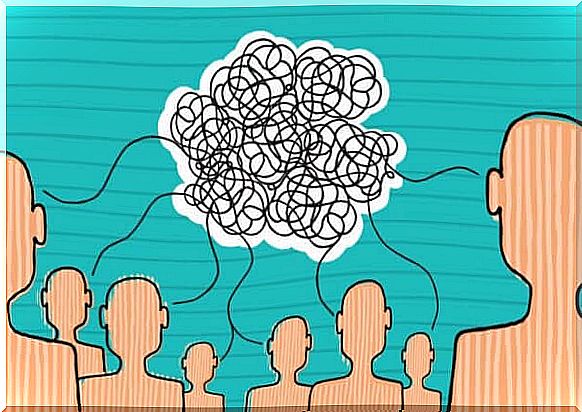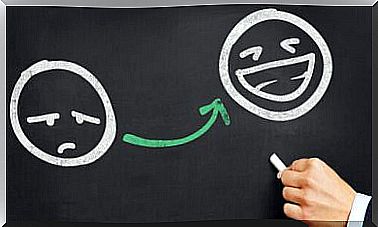Difference Between Opinions And Information

New information technology has become an integral part of our lives. It has gradually revolutionized our education and way of learning. Today, the internet is its own world, and the use of the internet on tablets, smartphones and social media platforms is changing and influencing our opinions. But should we give so much weight to people’s opinions? What is the difference between opinions and information?
This so-called “information society” should now be able to make good use of the vast and endless amount of information provided by the Internet. We should all be able to communicate better, have considered opinions and achieve a higher level of intelligence.

Everyone has the right to their opinion, even if it is based on bad knowledge
Philosopher and author Umberto Eco vehemently criticizes the so-called “society of ignorance”. In his last book, From Stupidity to Insanity, he compiled a selection of newspaper articles discussing society, the internet, and the future of education and writing.
It is an analysis of modernity from the perspective of the events themselves as well as the behavior of the main characters. Eco talks about various news, TV shows and political issues in a humorous and sarcastic tone.
A nice nice difference between opinions and information
Many experts have pondered these two concepts, which may seem similar but are fundamentally so different. Because while opinion is usually based on solid and learned knowledge, these are two different terms. Classical philosophers such as Plato, and even writers such as Kierkegaard have made a significant contribution to current thinking on these topics.
On the one hand, Plato distinguished between these two terms already in his book The State when he spoke of a just society or city. According to Plato, those who are content with superficiality (such as colors and shapes) never attain real knowledge. Instead, a person who has the ability to observe these shapes and patterns and turn them into ideas understands their context.
Kierkegaard, 1800s great thinker, argued in his book “Two era” , that the only way to acquire knowledge is through silence. In this way, he created the idea that one must first learn to listen, pay attention, and focus, and then delve deep into the idea without giving one’s own opinion.
Despite being separated from these thinkers by hundreds of years of history and philosophy, they created a useful frame of reference for what we can today call a society of opinions. While it is true that truth can be relative in some cases, knowledge is ultimately absolute. If you don’t value it, then you have to keep opinions and individual self-expression above pure knowledge.

Less talk and more silence so we can hear those who know
This was Manuel Gil Anton, a professor at the Center for Sociological Studies in the Colegio de México (COLMEX), the ultimate argument in a debate on education reform last year. There was a lot of talk during the debate about the importance of giving a voice to those who have the right information and therefore have the best opinions. Only in this way can we have a fairer society and a sense of common prosperity.
In 2012, Professor Charles Simic defined modern society as an “era of ignorance” in an article in the New York Review of Books . In it, Simic – realizing how large a section of the population thought Obama was a Muslim – came to the conclusion that we have a “rebellion of stupid minds against intelligence” and that “stupidity is sometimes one of the greatest forces in history”.









